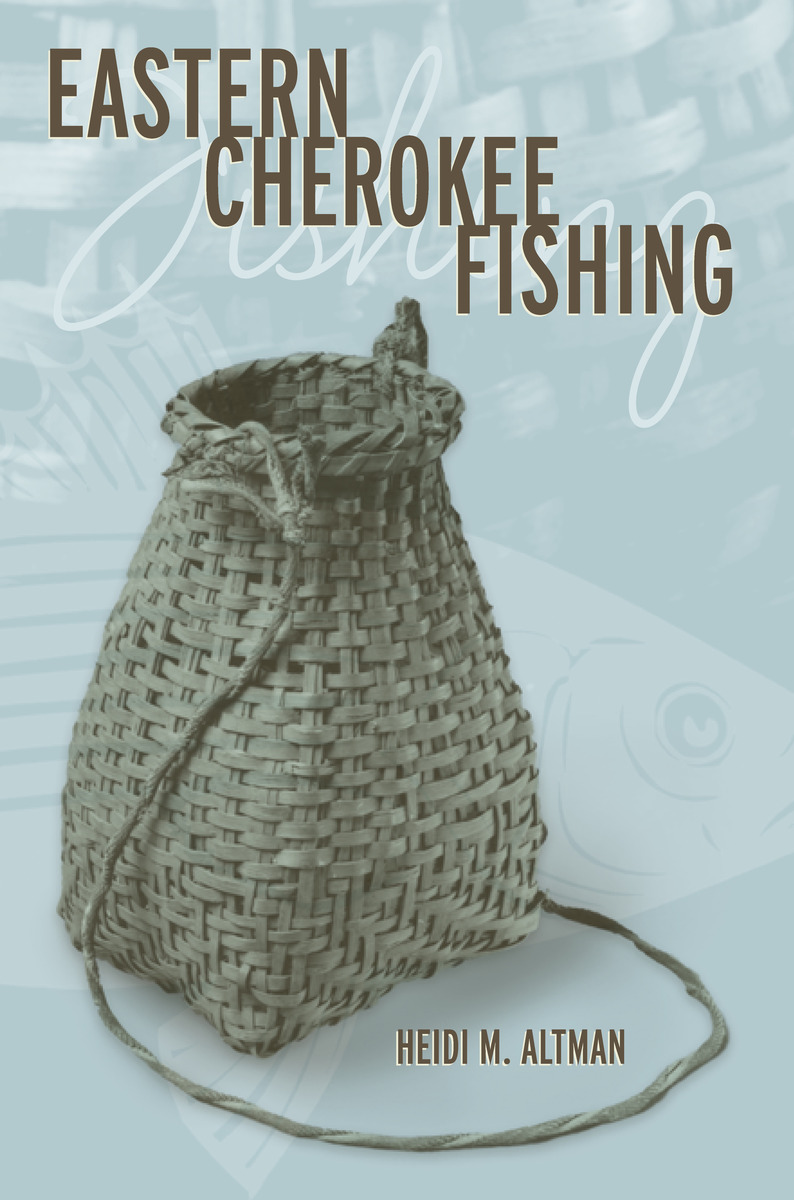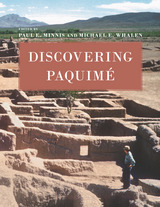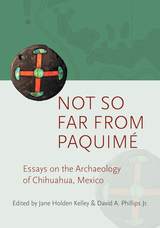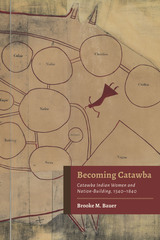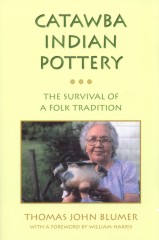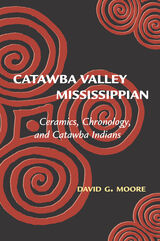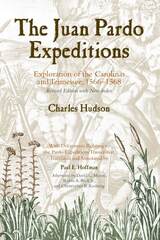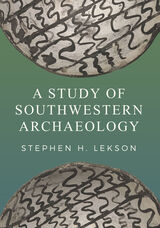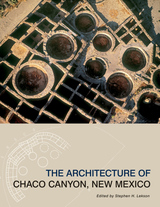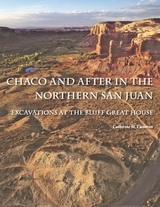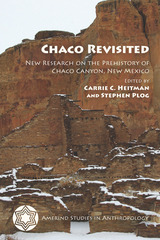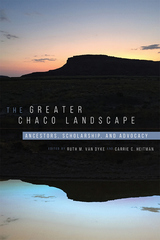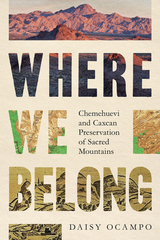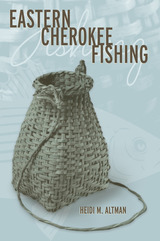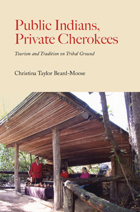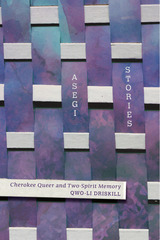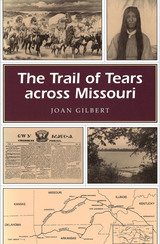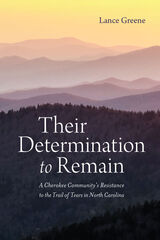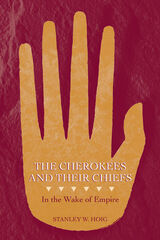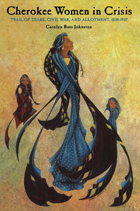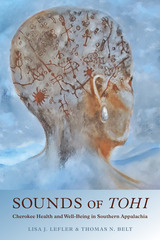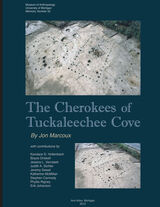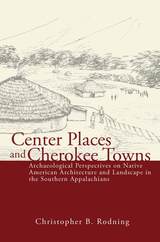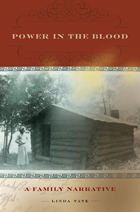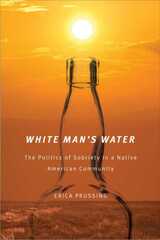Eastern Cherokee Fishing
University of Alabama Press, 2006
Cloth: 978-0-8173-1514-6 | Paper: 978-0-8173-5331-5 | eISBN: 978-0-8173-8045-8
Library of Congress Classification E99.C5A77 2006
Dewey Decimal Classification 639.208997557
Cloth: 978-0-8173-1514-6 | Paper: 978-0-8173-5331-5 | eISBN: 978-0-8173-8045-8
Library of Congress Classification E99.C5A77 2006
Dewey Decimal Classification 639.208997557
ABOUT THIS BOOK | AUTHOR BIOGRAPHY | REVIEWS | TOC
ABOUT THIS BOOK
Interviewees include a great range of informants, from native speakers of Cherokee with extensive knowledge of traditional fishing methods to Euro-American English speakers whose families have lived in North Carolina for many generations and know about contemporary fishing practices in the area. The topic of fishing thus offers perspective on the Cherokee language, the vigor of the Cherokee system of native knowledge, and the history of the relationship between Cherokee people and the local environment. Heidi Altman also examines the role of fishing as a tourist enterprise and how fishing practices affect tribal waters.
Cherokee identity as revealed in fishing methods and materials.
In Eastern Cherokee Fishing, life histories, folktales, and reminiscences about fish gathered from interviews with Cherokee and non-Cherokee people provide a clear and personal picture of the changes in the Qualla Boundary (Eastern Band of the) Cherokee in the last 75 years. Coupled with documentary research, these ethnographic histories illuminate changes in the language, culture, and environment (particularly, aquatic resources) since contact with Europeans and examine the role these changes have played in the traditions and lives of the contemporary Cherokees.
Interviewees include a great range of informants, from native speakers of Cherokee with extensive knowledge of traditional fishing methods to Euro-American English speakers whose families have lived in North Carolina for many generations and know about contemporary fishing practices in the area. The topic of fishing thus offers perspective on the Cherokee language, the vigor of the Cherokee system of native knowledge, and the history of the relationship between Cherokee people and the local environment. Heidi Altman also examines the role of fishing as a tourist enterprise and how fishing practices affect tribal waters.
See other books on: Cherokee Indians | Fishing | Material culture | North Carolina | Traditional ecological knowledge
See other titles from University of Alabama Press
